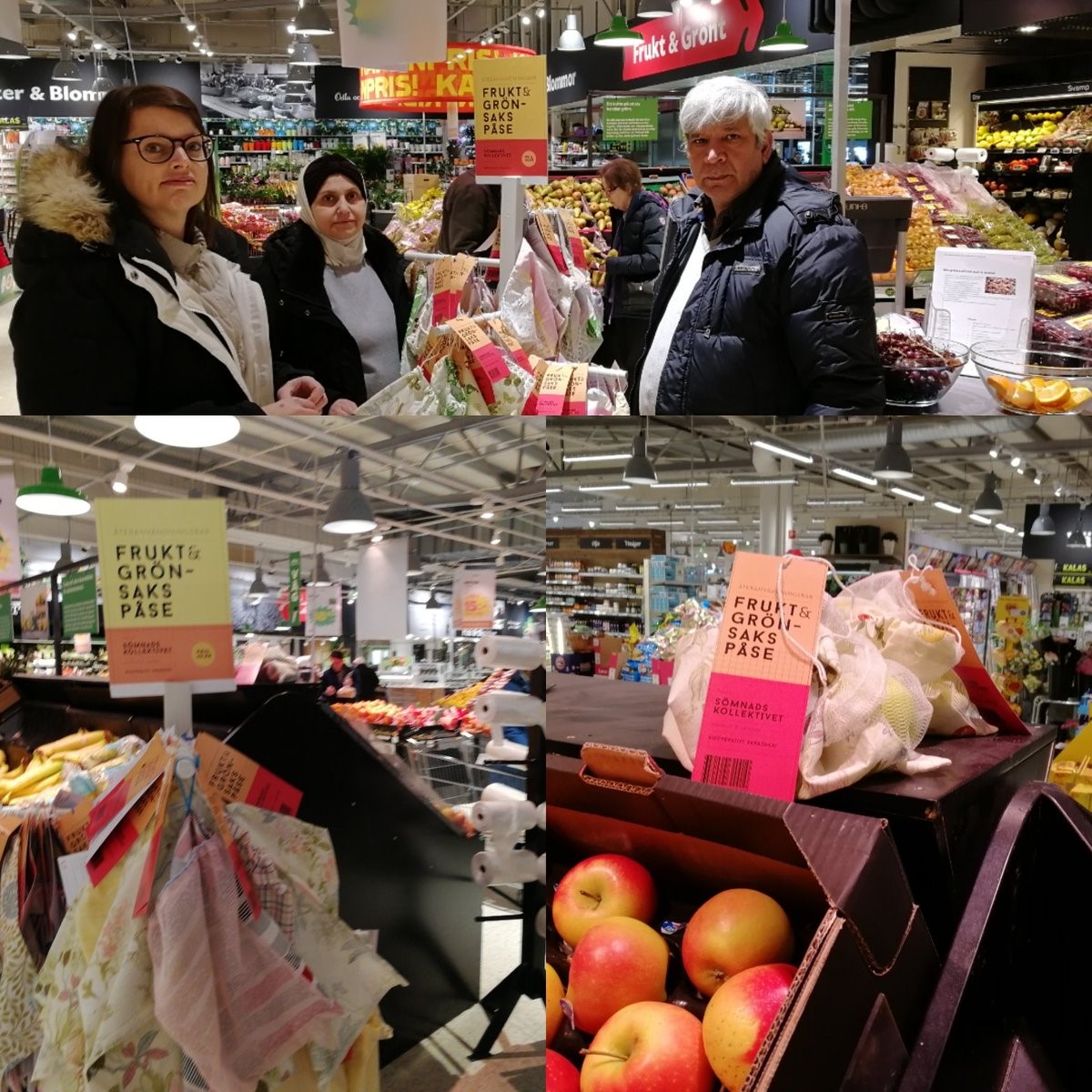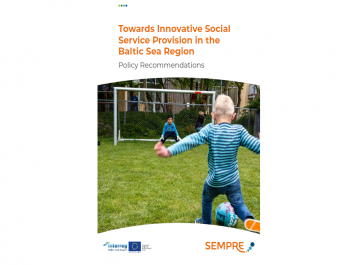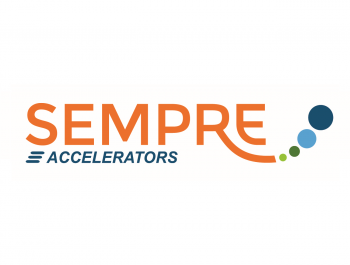As a part of the SEMPRE project, Coompanion met with a group of migrants who came to Sweden during the height of the crises in Syria and Afghanistan. During a needs assessment workshop with the group, it was discovered that many were struggling with unemployment and low income, even though they were experienced in sewing. A meeting with a local entrepreneur, Anna Heikki, who was running her own tailor/sewing shop, revealed that she had a wish to work more collectively with colleagues.
.jpg)
.jpg)
Photos (c): Per Bäckström
Through this needs assessment workshop, this match was recognized as an opportunity. Against this background, it was decided to take the SEMPRE micro project of Coompanion further and, together with funding from stakeholders such as the region of Norrbotten, Längmanska business fund and the local employment service, the new tailor cooperative was launched!
Four migrants, who had been selected during an interview process at the local employment service, opted to join the project. Amal, Khadije, Osman and Halima took a “Swedish for Immigrants” course at school in the mornings to improve their language skills. In the afternoon, they received further training in sewing at Anna’s shop, which helped them pretty soon to take customer orders.
Besides the technical skills of a tailor, building a sustainable business also demands increased skills in entrepreneurship. Thus, once a week, the group received education in social entrepreneurship at Coompanion, a local organization that provides cooperative business advice and education within the field of entrepreneurship.
.jpg)
Photo (C): Ellen Lundström
During this education, the group trained and developed their knowledge of cooperative values, leadership, budgeting and board management techniques, and then started working on a common business plan, a network map and other necessary parts of building a successful company and becoming business owners. The goals of this education were to strengthen the migrants’ knowledge about how to run a business and to facilitate good teamwork habits in the group. At the same time, they continued to expand their sewing skills in order to satisfy the needs of their customers and to make money in the company.
The sewing cooperative soon got their first business agreement. COOP Norrbotten (a large local grocery chain, and also a cooperative business) agreed to take in the specialized fruit and vegetable bags that the sewing cooperative had designed. The bags are made of recycled fabrics and offer an opportunity for food-shopping customers who want to increase their social as well as environmental responsibility by choosing a locally made, reusable bag instead of plastic. As of now, the bags are selling well and the business expects to start providing them to more shops around Luleå.
The next steps for the tailor cooperative are to continue to build and organize their company, and to work toward their goal of having a sustainable income, along with an effective business structure. The aim is to be able to take in new migrant trainees and give them skills and local experience, so that it will be easier for them to enter the labour market. A group of migrants who started this company after a long period of unemployment will now be the ones who are guiding other migrants in the same situation as they once were. In this way, they are becoming part of their own solution.












